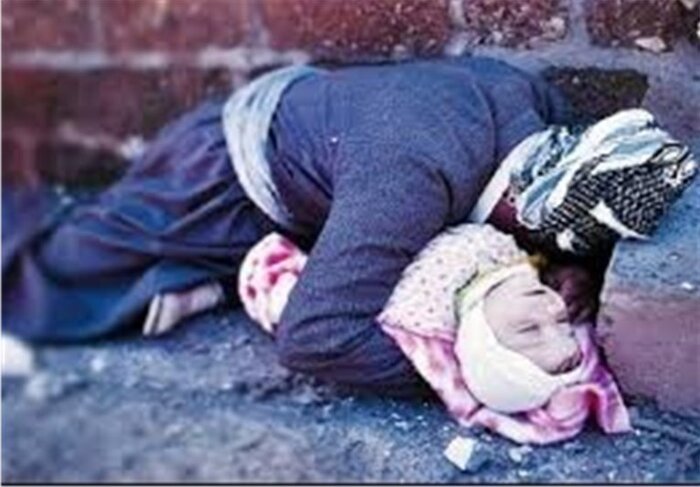Alwaght- Iran's Foreign Minister has marked the 34th anniversary of a chemical attack on the city of Sardasht by Western-backed Iraqi dictator Saddam Hussein, saying the survivors of the attack fell victim to the Western countries’ inhumane policies twice.
In a message on Monday, Mohammad Javad Zarif said Sardasht, a city in Iran’s West Azarbaijan province, is a symbol of suffering under the use of chemical weapons against civilians and residential areas in the current era.
“Our beloved chemical attack survivors fell victim to some Western governments’ inhumane policies twice – once when Western companies gave Saddam’s regime chemical materials and technology for production of chemical weapons, with the representatives of their governments in the UN Security Council remaining silent, turning a blind eye to Saddam’s chemical crimes, and letting him continue using chemical weapons against combatants and civilians,” he said.
And again, the foreign minister continued, the same countries targeted the survivors during the era of former US President Donald Trump, “when they imposed the most brutal, inhumane sanctions against Iran, preventing the delivery of medicine and medical equipment to Iran to alleviate the suffering of our beloved chemical attack survivors.”
The chemical bombardment of Sardasht was conducted on June 28, 1987, almost seven years after the regime of Saddam Hussein waged a war on Iran.
During the war, which lasted eight years, the Iraqi army continuously employed chemical weapons against Iranian combatants and civilians, leaving tens of thousands dead on the spot and many more suffering for years to come.
Over 100 people were killed in the Sardasht attack and thousands more were exposed to chemical agents.
After three decades, many of the survivors of the chemical attack still have to live with the long-term respiratory and even psychological effects of inhaling mustard gas used in the attack.
‘WMDs, sanctions cannot pick out targets’
Elsewhere in his message, the chief Iranian diplomat noted that what weapons of mass destruction and sanctions have in common is their inability to aim at their intended targets.
Zarif said in spite of Iran’s endeavors and the cooperation of the Organization for the Prohibition of Chemical Weapons, the current US administration has not given up on the failed policy of the previous administration against Iran and continues to impose illegal sanctions that prevent the country’s chemical attack survivors from accessing medicine and medical equipment.
In 2018, the Trump administration began to impose sanctions on Iran after unilaterally leaving the Iran nuclear agreement. The sanctions have blocked Iran’s access to the global banking system, hindering, in turn, its import of medicine and medical equipment from other countries.
“This is while the global crisis caused by COVID-19 has once again underscored the need to strengthen international cooperation to overcome such global crises and has proved unilateral measures ineffective and doomed to failure,” Zarif said.
He also proposed two effective ways to prevent the repetition of humanitarian disasters caused by the use of weapons of mass destruction.
“First, bringing those who used chemical weapons and their accomplices and collaborators to justice, and second, continually commemorating the victims of chemical weapons and honoring the survivors of chemical attacks,” the foreign minister noted.
He also urged state parties to the Chemical Weapons Convention to pursue the complete and rapid elimination of chemical weapons in the world and fulfill their obligations with regard to survivors of chemical weapons.



























